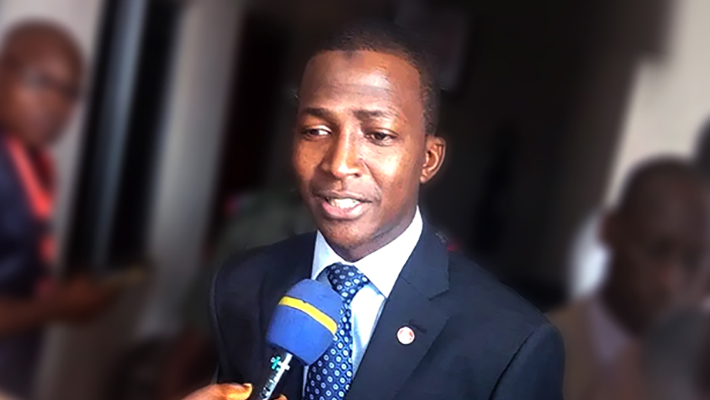With his recent clearance by the Senate, Mr Abdulrasheed Bawa became the fifth substantive Chairman of the Economic and Financial Crimes Commission (EFCC), one of Nigeria’s frontline anti-graft agencies. His ascent to the high office was, however, marked by a groundswell of controversies bordering on his career antecedents, with questions trending over his age at 40 years, as well as his Civil Service GL13 (later promoted to 14) status, as at the time of his nomination to the Senate by President Muhammadu Buhari. However, after his screening by the Senate, the institution was satisfied that despite whatever counter-argument that trailed his nomination, he had demonstrated the capability to steer the agency into the future.
- Target vulnerable poor with COVID-19 vaccine – FG urged
Bustle, hustle inside the famous Wukari Yam Market
Incidentally, the Senate’s vote of confidence on him was based on several criteria which included his position as one of the pioneer cadets that were specifically recruited and dedicatedly trained as detectives for the agency, extensive training background as well as performance record in the service. Apparent from his appointment may also be the intention of the government to procure a core insider of the agency to lead it at this time given that all previous helmsmen had been seconded from the Nigeria Police Force. Hence by his appointment, Bawa qualifies as the first of the “originals” that will serve the agency at its helm.
In the same context lies the expectation that by his appointment, Bawa will reinvent the agency through adopting and executing an agenda to justify his advent. Until his arrival, the EFCC had suffered from a barrage of controversies bordering on the public’s take on its performance in fighting corruption which is the primary purpose for which it was established in 2000, under the administration of Olusegun Obasanjo. The tenures of its earlier helmsmen such as Nuhu Ribadu, Farida Waziri, Ibrahim Lamorde and Ibrahim Magu, did not end without raging controversies.
While it is not out of place that leaders of anti-graft agencies should court controversies given that corruption when confronted frontally, usually fights back with vehemence, it is also expected that an agency such as the EFCC which was established by law with innate capacities to reinvent itself continuously, should have outgrown some of the areas that attract public misgivings over its performance. This is the core challenge facing the agency at this time and which Bawa is expected to address as its new helmsman.
Such dark spots which had sullied the public image of the EFCC include suspicions of selective arrests and investigations at the instance of political considerations, gross abuse of civil liberties of suspects incarcerated in the agency’s custody, reports of unauthorised disposal as well as sale of exhibits, extortion and graft by its operatives and general indiscipline among its staff. To accentuate the public misgivings on the performance of the EFCC is the ever growing number of high-brow cases which involve politically exposed and other high net-worth individuals; details of which may be in the public domain while the agency dithers on the prosecution and often fails to secure conviction. Needless to point out that such tendencies remain incompatible with the operational expedients of an anti-graft agency.
It is against such a backdrop that Bawa is coming to office. In that context too does the juxtaposition of this scenario with the statutory mandate of the EFCC define a clear cut agenda for him as the new helmsman. The task of repositioning the agency from its present state to the desired one remains a daunting task, to say the least. Nigerians will like to see the agency live up to expectations as an independent anti-graft agency that will not indulge in operating as an attack dog for the powers that be. In this respect will be of significant public interest, the dalliance between the EFCC under Bawa, and the Office of the Attorney General of the Federation.

 Join Daily Trust WhatsApp Community For Quick Access To News and Happenings Around You.
Join Daily Trust WhatsApp Community For Quick Access To News and Happenings Around You.

